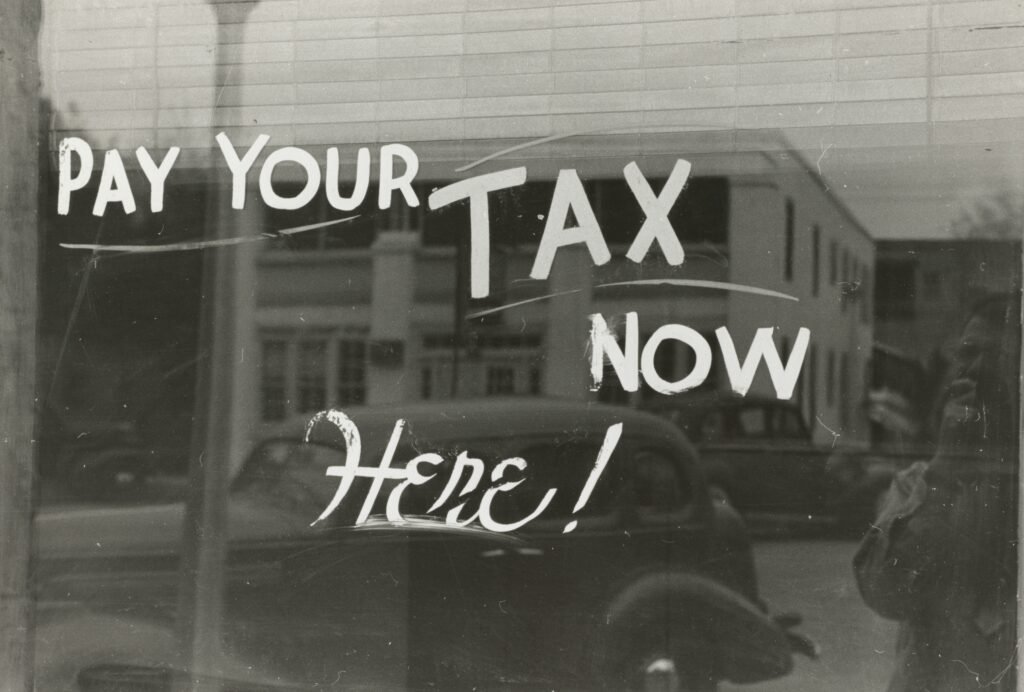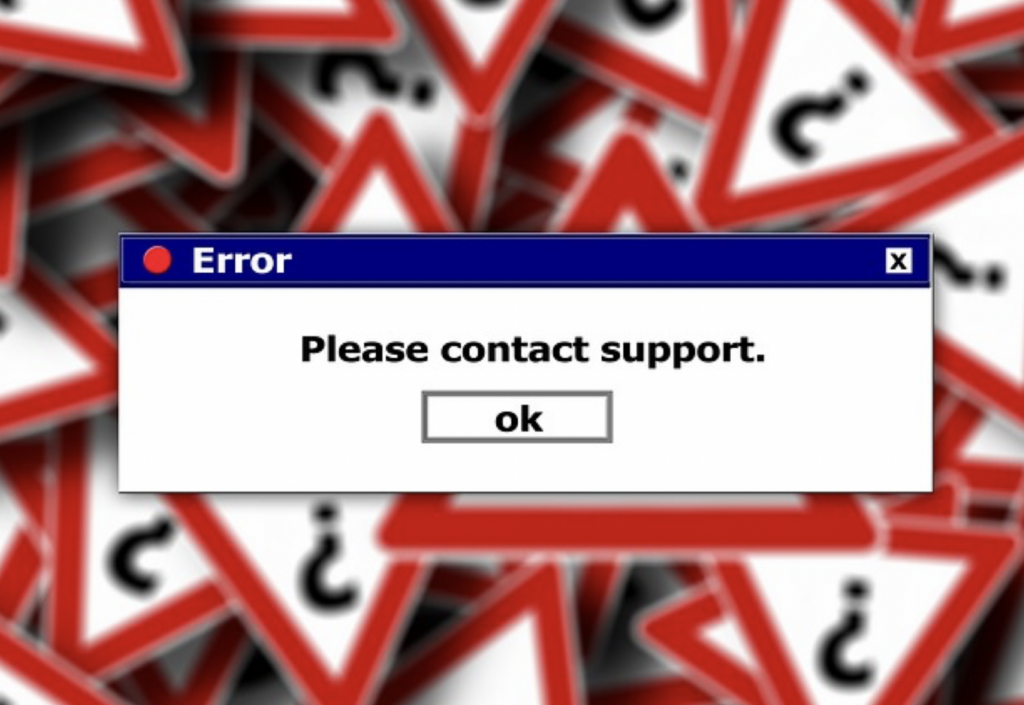In a perfect world everything goes smoothly. You start with an idea, you spend time building a revolutionary product, your product solves widespread problems, but then you hit a wall. At first the wall seems more like a bump, but as time passes you realize it’s a wall. You try to go around, go over, and even go under the wall but in the end the only way forward is through the wall. For many entrepreneurs the wall is either tied to a financial constraint or a knowledge limitation. Therefore, to break-through the wall you decide to solve the problem by partnering with someone who can provide the financing you need, or the knowledge you do not have. This is when understanding the value, and importance, of a buy sell agreement can be the difference between a peaceful separation and a messy divorce – assuming things go sideways. In this article we will discuss why you should have a buy sell agreement, how a buy sell agreement works and, most important, how to fund a buy sell agreement.
Why Have A Buy Sell Agreement
For anyone who is married, about to be married, or was married you know that every new relationship is sunshine and rainbows at the start. Birds are chirping and the temperature outside a beautiful 75 degrees with a light breeze. As things start to take off you are lead to believe both of you can take over the world and the only thing that stood in your way was left behind when you found the “yin” to your “yang”.
Then the comes some bumps in the road, maybe a few disagreements over some not-so-minor stuff. Both of you push past the bumps in the hopes that you can get back on track. Unfortunately, those bumps become pot holes, or roadblocks, and navigating around them becomes quite difficult. Eventually, you are left wondering how do you move forward when the partners disagree on core issues. This is when you turn to each other and say “let’s go our separate ways”.
If only it were that easy! It almost never is…
I previously noted the concept of marriage for a reason. While partnerships can come with euphoria they also come with disagreement. For this reason, just like a marriage should have a prenup agreement, a partnership MUST HAVE a buy sell agreement.
Buy sell agreements simply state what happens to each partner, and the business, if one party leaves, retires, becomes disabled, dies, or just doesn’t want to hold up their end of the original partnership agreement. Of course this begs the question, how does a buy sell agreement work?
What Does A Buy Sell Agreement Do
As a business owner you understand the importance of a contract. You understand that the contract between your company and your client is designed to protect both parties – namely the company. In fact, it is the contract you created and use with your clients that spells out the value exchange. In other words, the client agrees to pay your company a nice sum of money for a specific set of services that will be completed within a predefined period of time.
A buy sell agreement is no different, in concept, to the contract you sign with your clients. Except in this case you and your partner(s) agree to a predefined set of terms that outline the roles, responsibilities, and penalties for not fulfilling the aforementioned roles or responsibilities. Let’s go over a few buy sell agreement examples:
- Retirement: A partner decides to retire leaving the other to go it alone. A buy sell agreement can expressly state the retiree’s equity in the business will be purchased at a fair market value, as determined by an independent valuation expert. Depending on the size of the buy out the cash payment can be bank financed, seller-financed, or an upfront cash payout can be made by the remaining partner. Although the last one may be difficult if a sizable sum is required.
- Disability: A partner tragically becomes disabled to the point where they cannot perform the duties of their defined role for the foreseeable future. Sadly, in this situation the choice to stop working wasn’t their own and they are forced to take a buy-out at a potentially critical time in the growth of the company. Similar to the retirement scenario, the buy-out can be funded with bank financing, seller-financing, or personal funds. In many cases, companies that are in a high growth phase usually invest most of their money back into the business which means the newly disabled partner will have to rely on seller-financing as the company’s financials maybe prohibit bank financing and personal funds. Alternatively, the company may elect to purchase disability policies on behalf of each partner to be used as a means of buying out the disabled partner.
- Death: A partner suffers a catastrophic event and prematurely dies. Obviously they cannot perform their duties and responsibilities. This forces the remaining partner(s) to assess the company’s finances and determine how to keep the company going. However, unlike the previous buy sell agreement examples the deceased partner’s family becomes the new “partner” via their beneficial inheritance. In situations like this a huge problem could arise between the old partner(s) and new partner(s). Disagreements over profit share distributions, how the company should be run, and many other problems could rear their ugly head. To make matters worse, depending on the role of the deceased partner the business could experience a drop in sales which would make bank and seller financing difficult. In situations like this you’ll be glad you funded your buy sell agreement with life insurance. More on that in a moment…
- Disagreement: A partner succumbs to a nervous breakdown or mid-life crisis. You notice they are not performing the tasks they are supposed to do, they do not show up to meetings they are supposed to be at or, worse, they just stop coming into work all together. In many cases, the misalignment in what was previously agreed to and what is currently happening is the most common occurrence. Situations like this one makes the cost of setting up, and funding, a buy sell agreement more than worth the small investment. Why? Well if you had known you would have eventually found yourself in this position years before actually experiencing it you may never have agreed to the partnership in the first place. Although that may be a Sofie’s Choice thought experiment. The point is, when writing a buy sell agreement you will absolutely spell out the consequences for all parties should someone fail to meet their stated responsibilities.
How To Structure A Buy Sell Agreement With Life Insurance
On the surface funding a buy sell agreement may appear rudimentary. Unfortunately, it is anything but rudimentary. Think back to my comment about the marital prenup. What person wants to go into a relationship thinking it isn’t going to work? The saving grace here lies in the fact that emotions are typically removed from business negotiations. Although, that is not completely true when it comes to determining the equity split, the roles or responsibilities, the method for valuing the company, and how quickly a payout will be made should a dissolution transpire.
In many cases the best thing to do is pay a lump sum upfront but who has that kind of money laying around? If you don’t have a lump sum laying around you typically look to seller-financing in order for future cash flows to payoff the liability. Unfortunately that comes with its own problems leading to bank financing or insurance funding.
For purposes of this section we are going to assume the partner has died prematurely resulting in the need for an immediate cash infusion. To achieve this goal we are going to use life insurance. In fact, we are going to explore how to structure a buy sell agreement with insurance, both permanent and term.
Buy Sell Agreement Structure
Structuring a buy sell agreement can be tricky as one method can include the insurance in the business value calculation while another method can remove the policy from the business value calculation. Unfortunately, the benefits associated with removing the insurance from calculation poses other concerns. Let’s walk through two brief examples.
Example #1
Partner A and Partner B own a business 50/50. Parter A & B purchased life insurance through their company which made the company the owner and the beneficiary of the policies. Since the company is the owner and the beneficiary the value of the business needs to include the face value of the life insurance policies as those policy payouts would be counted toward the valuation should Partner A or B predecease each other. Unfortunately the policies are not an asset which means they cannot be turned into cash unless a partner dies. Should either partner leave the business for any reasons not related to death the business valuation will be inflated and the remaining partner would be responsible for paying the higher valuation. This may be where the buy sell agreement expressly states the respective insurance policies are excluded from the business valuation process.
Example #2
Partner A and Partner B own a business 50/50. Parter A & B purchased cross purchased life insurance on each other’s life. Each partner owns the policy and makes the premium payments on behalf of the other partner. On a case by case basis the insurance provider may permit the company to make the premium payments. Unfortunately, in cases like this one the aforementioned structure (i.e. owner, payee, and beneficiary) needs to receive sign off from the insurer as it violates the “holy trinity” rule. In other words, an insurer does not like when the three parties to an insurance contract are different. They may make the argument that there is no insurable interest which brings into question the legitimacy of the life insurance purchase.
Furthermore, when the other party owns a policy on your life you are relying on them for certain things. In the event they predecease you something will need to be written into the buy sell agreement that either the policy lapses or is transferred to you prior to the proceeds from a buy out being paid out.
Finally, under these circumstances, since the company does not own the life insurance policy the life insurance is not included in the value of the business. However, the policy may be included in the value of the deceased’s estate. If this happens, depending on the state they reside in, the deceased’s family may be subject to state estate taxes. This nuance needs to be taken into consideration when the individual partner’s business and estate planning are completed.
Funding A Buy Sell Agreement With Insurance
There are two primary considerations that should be taken under advisement before purchasing life insurance. The first has to do with the value of the business growing over time, and the other is the cost of insurance. Each of these points of consideration can affect the equity payouts.
- Business Value: Simply stated, the value of the business at the time you purchase life insurance will inevitably change over time, assuming you focus on growing the business. This means the value of the life insurance you purchase will also need to change otherwise there could be a gap between the coverage you purchased and the adjusted value of the business.
- Cost of Insurance: In situations where there is an age or underwriting discrepancy, the cost of insurance can vary between partners. This may result in more money being paid for one person’s policy over another. If treated as an expense to the firm the lower expense partner may view the premium payments as being inequitable. On the other hand if premium payments are treated as profit share distributions the higher premium partner may view distributions as inequitable because more of their profit share is used to fund the policy.
To address these issues compromises will need to be made as there is no “perfect” solution for all parties. For example, if a policy was owned by Partner A on the life of Partner A but the premium payor and beneficiary were the company then the face value & cash value would be considered an asset of Partner A. In this case if Partner A were to leave the firm for any reason, other than death, the company could release itself as the beneficiary, via the buy sell agreement, and Partner A could change the beneficiary to their family. Alternatively, the company could release itself as the beneficiary and Partner A could terminate the policy allowing them to cash out the policy.
- Should Partner A die prematurely while still employed with the company Partner A’s life insurance payout would be made to the company and the company would use the proceeds to purchase Partner A’s equity from their heirs.
The last item to note, when it comes to funding the agreement, pertains to the use of term versus permanent insurance. We will tackle the differences of each type of insurance in another article in greater depth but for the purposes of this article you need to understand there is a difference in premium outlay. Term insurance usually has lower premium payments than permanent insurance but the face value remains fixed. Whereas the premiums payments for permanent insurance are comprised of the cost of insurance and an investment component (Note: some permanent policies have other elements contained within the premium). The investment portion is what builds cash value over time and the cash value can be what increases the face value of the permanent policy when structured correctly. The increase in face value may be enough to offset the increase in the business’s value.
In situations where insurance is used to fund the equity buy out between partners, the partners may elect to use a combination of term and permanent insurance policies as a means of managing cash flow and addressing the increase in business value over time.
Conclusion
Hopefully by now you can see the purpose of a buy sell agreement is multifaceted. Where it is primarily used to address the buy out parameters between partners (i.e. divorce, disability, death, and retirement) it can also be used to create golden handcuffs. Whatever the situation may be for you the last thing you want to do is be put in a situation where you need a buy sell agreement and don’t have one. For help with outlining a strategy, creating a structure, or funding a buy sell agreement with insurance feel free to reach out to our team at C-Suite Planning!
The material contained in this article was created for educational and informational purposes only and is not intended to provide specific recommendations, tax, or legal advice. The author, and the author’s firm, strongly encourages you to speak with a qualified professional before taking action on anything mentioned in this article.





